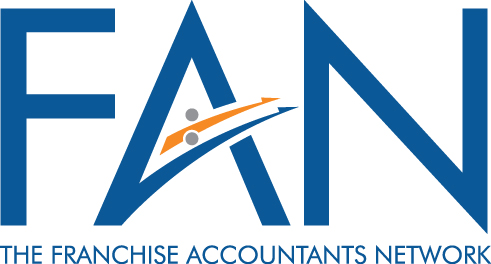Beware the Federal budget bounty
/Just to be clear, in this week's Federal Budget, Treasurer Joe Hockey did not hand out $20,000 in cash to every small business like some sort of generous uncle. But you might think that if you read some of the comments being made on the "Have a go" Federal Budget. Here's a collection of comments I read, made by financial advisers e-newsletters, in online discussions and the inevitable flurry of self-promotion by electronics retailers.
"For the small business person there is an incentive to go and buy that piece of machinery or a car or even a coffee machine, as long as the purchase price is under $20,000."
Or a question posed to franchisors which was something like "What would you want your franchisees to spend the $20,000 on?"
And this one, by celebrity seller of electronics, Ruslan Kogan, quoted here ... "Tech isn’t an expense. It provides a huge productivity boost that quickly pays for itself."
(Well, okay, accountants categorise the things Kogan mentioned as assets rather than expenses. But you still need to pay for them up front, and they show up in your Profit and Loss Statement as an expense over a few years. So I reckon they are an expense to your business.)
Anyway, back to Minister Hockey. What he did was allow an immediate tax write-off of capital expenditure rather than a business receiving a tax deduction over a few years. To get that tax deduction you will need to spend cash you have in you bank account - or borrow money - and then spend it on a car, coffee machine, computer or whatever.
Think before you splash out
There are always alternative uses for money so it always pays to think through spending decisions.
As some food for thought, here are some possible alternative uses for money you're being tempted to spend on nice to have 'stuff', but which might not the most effective use of profit to improve your business or secure your future.
- Pay off suppliers or other business debts
- Repay business loans. This reduces risk and potentially gives you flexibility in case of a downturn, or decision to expand in future.
- Allocate money for marketing or sales activity, or extra staff to help grow sales
- Invest in coaching or business advice to improve the financial performance of your business
- Leave the cash in your business to provide a buffer for quiet months
- Put money aside for a future refurbishment
- Contribute to Superannuation, which provides security for when you can no longer work
- Pay yourself a little more salary, a bonus or dividend
Which is the one for you? Well it depends on your circumstances and on what's coming up in the future of your business. Which is why we say to get advice for your particular circumstances from a qualified accountant.
Do a plan and cashflow forecast
And it will be much easier for your franchise accountant to advise if you have a plan, a budget and a cashflow forecast.
This is a good time of year to make a plan for your business covering the next year or so, and taking into account your future personal plans. The appropriate spending decisions will become clearer when you have an idea where you're heading and what your priorities are.
It's also very wise to prepare a budget and cashflow forecast, or have your accountant prepare one if you're not experienced in that. Looking ahead at your cashflow will give you an idea of whether the money you were thinking of spending on a car, coffee machine or computer would better be used in another way.

